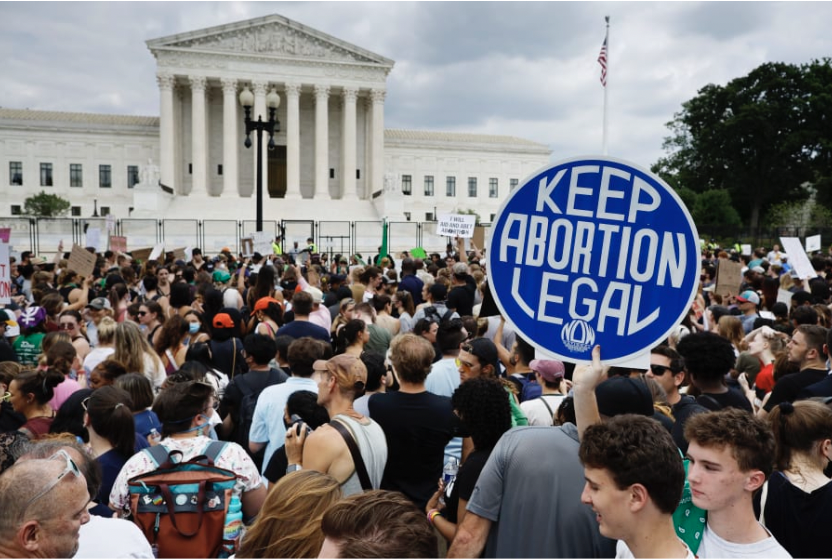On June 24, 2022, with the case Dobbs v. Jackson Women’s Health Organization, the U.S. Supreme Court overturned its 1973 ruling in Roe v. Wade, setting off a cascade of abortion bans in 26 states. [1] However, lawmakers in several states, such as Arkansas, South Dakota, Texas, and Missouri, are now considering even further bans that would prevent women from traveling to obtain an abortion in a state where it is legal. Such bans could also potentially outlaw anyone from “aiding and abetting” travels for abortion purposes. [2] When reviewing the Constitution and subsequent Supreme Court and lower court decisions, it is clear that these laws are unconstitutional. Out-of-state abortion bans do not have legal standing due to protections by the Commerce Clause and the Privileges and Immunities Clause of the Constitution, as interpreted by various courts.
Read MoreAbortion has remained a highly contested legal controversy ever since the revolutionary Roe v. Wade ruling that upheld the constitutional right to abortion until viability—when the fetus can survive outside the uterus—due to the compelling government interest in the woman’s life and the right to liberty and privacy guaranteed by the Fourteenth Amendment. In recent years, however, individual states have increasingly restricted this right. In particular, a Mississippi law termed the Gestational Age Act “prohibits abortions after 15 weeks, except for… medical emergency or severe fetal abnormality,” thereby significantly restricting a woman’s legal access to abortion and penalizing abortion providers. [1] Subsequently, a lawsuit challenging the constitutionality of this legislation has been appealed to the Supreme Court after the petition for certiorari—an appeal to the Supreme Court to review a case given the prior court’s improper decision—was granted, even as both the district court and the Fifth Circuit Court of Appeal struck it down as unconstitutional. [2] Overturning the right to abortion through Dobbs v. Jackson Women’s Health Organization would contradict legal precedent, for further restricting the right to abortion infringes on the right of bodily integrity, which largely prevents state involvement in personal medical decisions.
Read More

